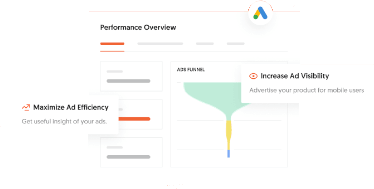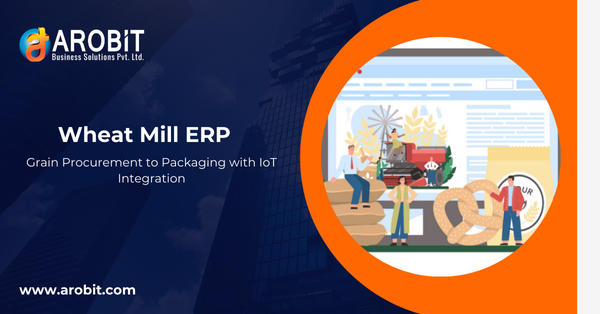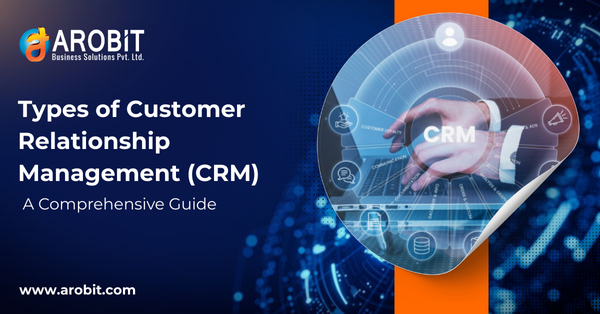71% businesses will be able to deliver their projects on time with Agile Methodology in place!
We all know how sectors around the world are fighting to be ahead in the competition. But, the ones who are able to adapt and be responsive are able to succeed. If you are thinking about how you can get that edge, then Agile methodologies have to be the way to go.
It can help you make a difference by being on time and that too without crossing the budget. To make it more clear, below we highlight all the aspects right from what is agile methodology and how it can transform project management and software development to push ahead in the race. Read on.
Agile Methodology: (Not-So) Secret Success Mantra
Emphasizing flexibility, teamwork, and customer-centricity, agile methodology is a project management and software development approach. Unlike conventional approaches, the agile technique emphasizes providing little, incremental changes instead of a single, major release.
This lets teams keep a close alignment with client expectations and fast adjust to changing criteria. There are several features that make the job easier for you with agile methodology. Take a look.
- Iterative Development: Projects are broken down into smaller parts, allowing for frequent reassessment and adaptation.
- Customer Collaboration: Continuous feedback from customers ensures that the product aligns with user needs.
- Cross-Functional Teams: Agile promotes collaboration among team members with diverse skills.
If you are thinking how it is different from the traditional approach then below the below table will help you with all the clarity. Check it out.
Hopefully you have got clarity on how the Agile approach is different from the traditional way. But, to make the most out of it, you need to understand how it works. Below we have it all explained for you. Read on.
The Agile Approach
The agile approach is not merely a set of practices but a mindset that prioritizes individuals and interactions over processes and tools. It is grounded in the Agile Manifesto, which highlights four core values:
- Individuals and Interactions over processes and tools.
- Working Software over comprehensive documentation.
- Customer Collaboration over contract negotiation.
- Responding to Change over following a plan.
Benefits of Agile Methodology
Adopting an agile methodology offers several advantages:
- Increased Flexibility: Teams can pivot quickly in response to feedback or changing market conditions.
- Improved Quality: Frequent testing and integration help catch defects early.
- Higher Customer Satisfaction: Regular updates and customer involvement ensure the final product meets user expectations.
Types of Agile Methodologies
There are several types of agile methodologies, each suited to different project needs. Here are some of the most common:
1. Scrum
Scrum is a framework that divides the project into time-boxed iterations called sprints, typically lasting 2-4 weeks. It emphasizes accountability through roles such as the Scrum Master and Product Owner.
2. Kanban
Kanban focuses on visualizing work and limiting work-in-progress to enhance flow. Teams use Kanban boards to track tasks and identify bottlenecks.
3. Extreme Programming (XP)
XP emphasizes technical excellence and frequent releases. It encourages practices like pair programming and test-driven development to improve software quality.
4. Feature-Driven Development (FDD)
FDD focuses on delivering tangible, working features in a timely manner. It blends several industry-recognized best practices into a cohesive whole.
5. Adaptive Software Development (ASD)
ASD is a framework for managing software development projects that embrace change and uncertainty. It is particularly useful in environments where requirements evolve rapidly.
Agile Software Development Life Cycle
The Agile Software Development life cycle consists of several key stages:
- Requirement Gathering: Collect requirements from stakeholders and define the project scope.
- Design: Create high-level architecture and detailed specifications.
- Development: Write code and conduct unit testing.
- Testing: Perform various types of testing to ensure quality.
- Deployment: Release the software to a production environment.
- Review: Gather feedback and make necessary adjustments.
Agile vs. Traditional Methodologies
Custom Software Development and Agile
Custom software development often benefits from an agile approach, as it allows teams to iterate quickly based on user feedback. This method is particularly effective for small and medium businesses that need to adapt their software solutions to meet unique customer demands. By implementing agile practices, organizations can enhance their development processes, leading to faster delivery times and improved product quality.
Challenges of Agile Methodology (Solution = Arobit)
While the agile approach has numerous benefits, it is not without challenges. So, below we highlight the different challenges that you need to be prepared when investing in agile methodologies. Check it out:
- Less Predictability: Rapid changes can make it difficult to predict timelines and costs accurately.
- Resource Intensive: Agile requires continuous involvement from stakeholders, which may not always be feasible.
- Documentation: Agile's focus on working software can sometimes lead to insufficient documentation.
But, things will become easier for you to manage if you have the right expertise by your side. This is where team Arobit will make the job easier and ensure that you are able to deal with these challenges without any difficulty.
Final Thoughts
Hopefully you have got complete clarity about what is agile methodology and why it is essential for experts of all sectors to invest in these practices at all cost. When a business is able to adapt agile practice, it helps them manage their project delivery a lot more convincingly and that too as per the market needs and requirements. In fact, this leads to better collaborations and gets you higher-quality products. So, if you are thinking about implying these strategies, then connect with the expats at Arobit now. Good luck!
Frequently Asked Questions (FAQs)
What is Agile Methodology?
A project management and software development technique emphasizing flexibility, teamwork, and consumer happiness is called agile methodology.
How does Agile differ from traditional project management?
While conventional approaches follow a linear, sequential process, Agile stresses iterative development and client cooperation.
What are the key benefits of using Agile?
Regular feedback and cooperation help Agile to provide more quality, greater customer happiness, and more flexibility.
What types of projects are best suited for Agile?
Projects with ambiguous needs, challenging activities, or those needing regular client involvement and modification are best suited for Agile.
Can Agile be applied to non-software projects?
Indeed, many companies use agile ideas for several project kinds, including marketing, product creation, and operations.








